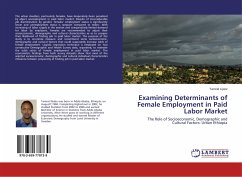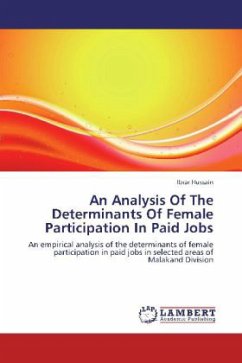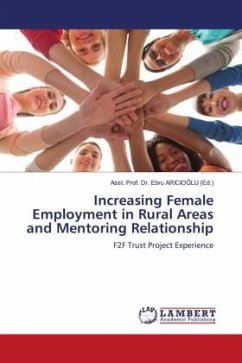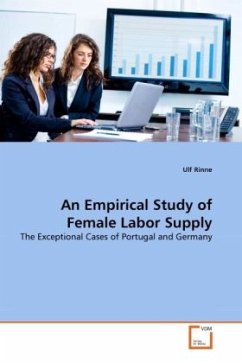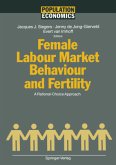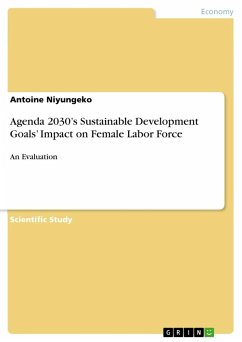The urban dwellers, particularly females, have desperately been penalized by abject unemployment in paid labor market. Despite of inconsiderable job discrimination by gender, females' employment status is significantly lower and unemployment status is rampant compared to males'. With increasing of labor supply in the market and comparatively limited demand for labor by employers, females are recommended to adjust their socioeconomic, demographic and cultural characteristics so as to prosper their likelihood of finding job in paid labor market. The purpose of the study is to scrutinize measure and recommend some socioeconomic, demographic and cultural factors that could supposedly increase odds of female employment. Logistic regression technique is employed on two consecutive Demographic and Health Survey data, separately, to estimate the odds ratios of female employment in paid labor market. The econometric findings from both survey datasets show that most of the selected socioeconomic, demographic and cultural individual characteristics influence females' propensity of finding job in paid labor market.
Bitte wählen Sie Ihr Anliegen aus.
Rechnungen
Retourenschein anfordern
Bestellstatus
Storno

